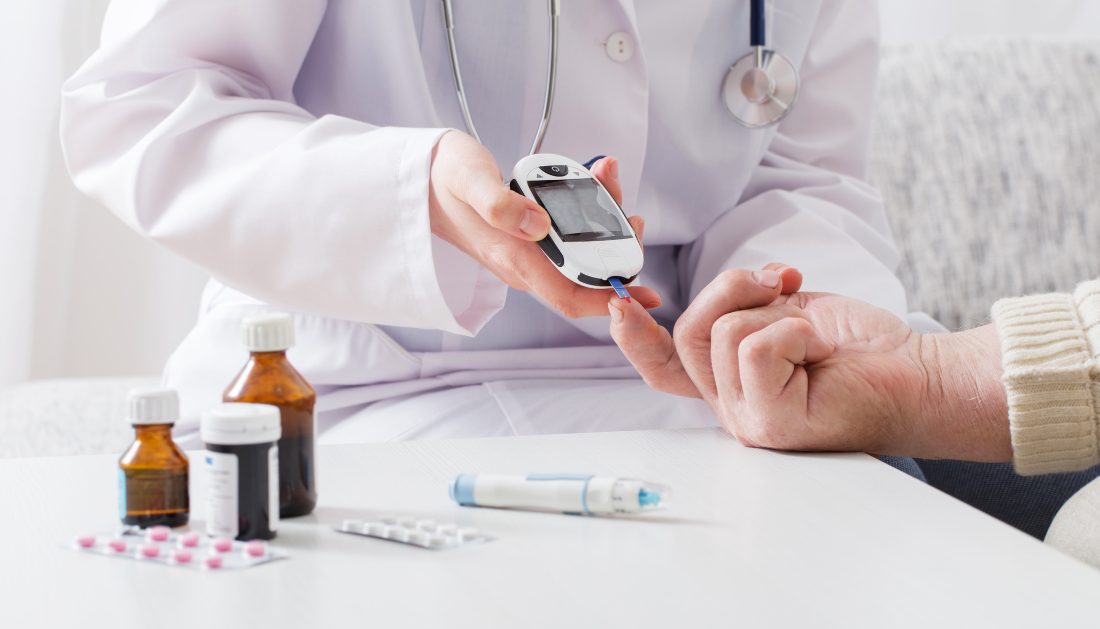

The use of sodium-glucose contratransporter 2 (SGLT2) inhibitors was found to be connected with a reduced risk of developing kidney stones, according to the findings of researchers at Mass General Brigham. Their results were later reported in the journal JAMA Internal Medicine.
The investigation was carried out by researchers from Massachusetts General Hospital and Brigham and Women’s Hospital working together to undertake the investigation. The research incorporated information obtained from three national databases pertaining to individuals diagnosed with type 2 diabetes who were seen in the course of their regular clinical practice. In their study, the researchers looked at information from 716,406 people who had type 2 diabetes and had started taking either an SGLT2 inhibitor or one of two additional types of diabetes medications known as GLP1 receptor agonists or dipeptidyl peptidase 4 (DPP4) inhibitors.
In comparison to patients who were using GLP1 agonists, those who started taking SGLT2 inhibitors had a thirty percent lower risk of developing kidney stones, and those who started taking DPP4 inhibitors had a twenty-five percent lower risk altogether. The findings were constant regardless of factors such as gender, race or ethnicity, a previous history of chronic renal illness, or obesity.
“Our findings could help inform clinical decision making for patients with diabetes who are at risk of developing kidney stones,” said corresponding author Julie Paik, MD, ScD, MPH, of Brigham and Women’s Hospital’s Divisions of Pharmacoepidemiology and Pharmacoeconomics and Renal (Kidney) Medicine.
For more information: Sodium-Glucose Cotransporter 2 Inhibitors and Nephrolithiasis Risk in Patients With Type 2 Diabetes, JAMA Internal Medicine (2024). DOI: 10.1001/jamainternmed.2023.7660
more recommended stories
 Nanoplastics in Brain Tissue and Neurological Risk
Nanoplastics in Brain Tissue and Neurological RiskKey Takeaways for HCPs Nanoplastics are.
 AI Predicts Chronic GVHD Risk After Stem Cell Transplant
AI Predicts Chronic GVHD Risk After Stem Cell TransplantKey Takeaways A new AI-driven tool,.
 Red Meat Consumption Linked to Higher Diabetes Odds
Red Meat Consumption Linked to Higher Diabetes OddsKey Takeaways Higher intake of total,.
 Pediatric Crohn’s Disease Microbial Signature Identified
Pediatric Crohn’s Disease Microbial Signature IdentifiedKey Points at a Glance NYU.
 Nanovaccine Design Boosts Immune Attack on HPV Tumors
Nanovaccine Design Boosts Immune Attack on HPV TumorsKey Highlights Reconfiguring peptide orientation significantly.
 High-Fat Diets Cause Damage to Metabolic Health
High-Fat Diets Cause Damage to Metabolic HealthKey Points Takeaways High-fat and ketogenic.
 Acute Ischemic Stroke: New Evidence for Neuroprotection
Acute Ischemic Stroke: New Evidence for NeuroprotectionKey Highlights A Phase III clinical.
 Statins Rarely Cause Side Effects, Large Trials Show
Statins Rarely Cause Side Effects, Large Trials ShowKey Points at a Glance Large.
 Anxiety Reduction and Emotional Support on Social Media
Anxiety Reduction and Emotional Support on Social MediaKey Summary Anxiety commonly begins in.
 Liquid Biopsy Measures Epigenetic Instability in Cancer
Liquid Biopsy Measures Epigenetic Instability in CancerKey Takeaways Johns Hopkins researchers developed.

Leave a Comment